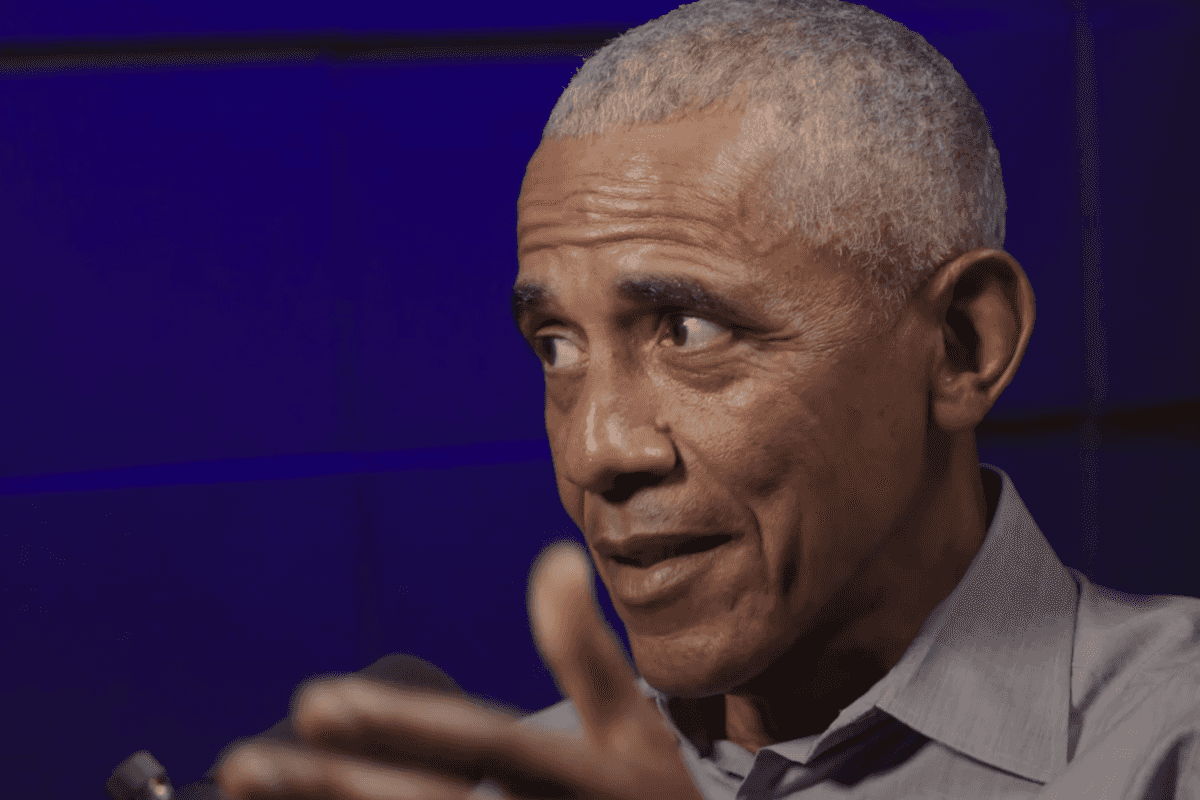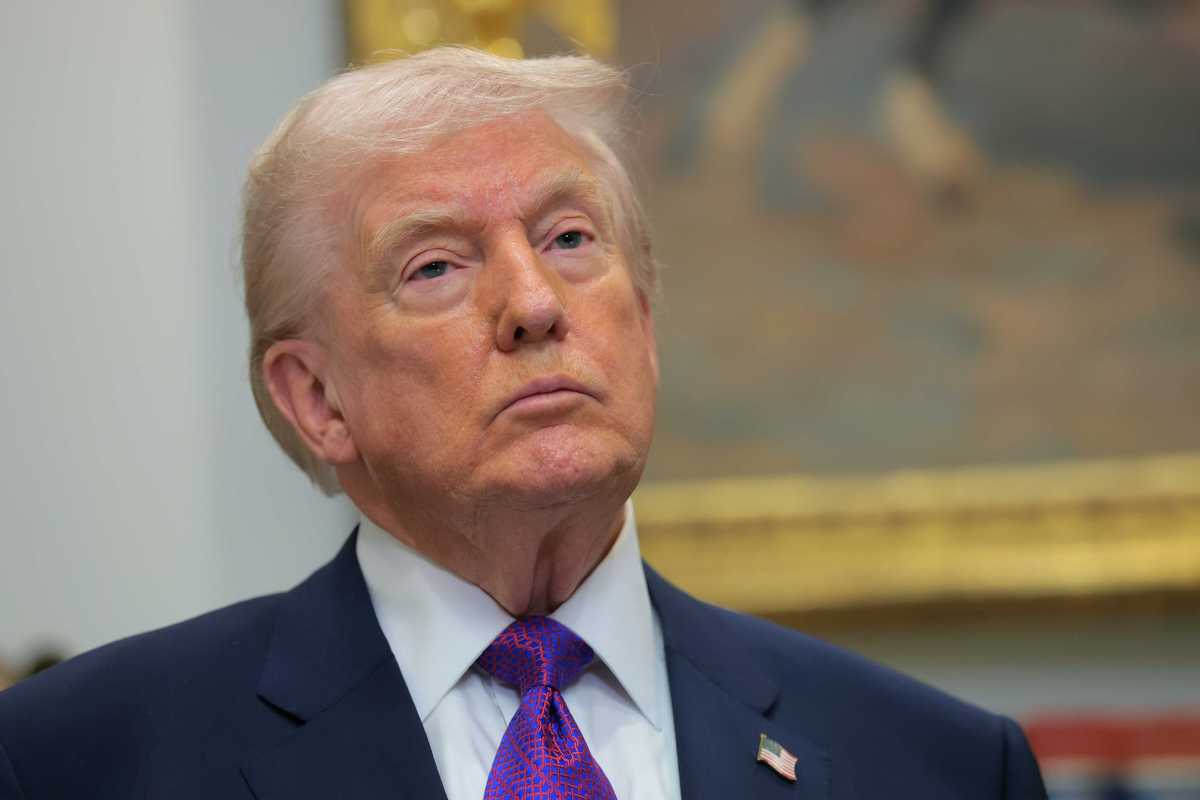You’d be forgiven for struggling to keep up with the many articles surrounding Brexit and the European Union, be it Article 13 (the ‘meme ban’ later known as Article 17), Article 50 (from the Lisbon Treaty, used to trigger a member state’s EU exit) or this article about articles.
Our head hurts.
However, as the UK approaches the second anniversary of the day the country officially left the bloc (31 January 2020), there’s another article that has been making headlines and bringing us back to pre-Covid times when Brexit was at the top of the news agenda.
Article 16 of the Northern Ireland Protocol, an agreement which looks to prevent a hard border existing on the island of Ireland, has been mentioned a few times recently, as newly appointed foreign secretary Liz Truss has warned once again she could trigger the clause if negotiations with the EU collapse.
When can Article 16 be triggered?
The clause, as Ms Truss puts it herself, is a safeguard, and allows either the UK or EU to pause any aspect of the protocol if it feels that section causes any “economic, societal or environmental difficulties that are liable to persist, or to diversion of trade”.
Sign up to our free Indy100 weekly newsletter
Simply put, if any of the rules within the Northern Ireland Protocol make things a little tricky for either side – be it for economic, social, trading or environmental reasons – for a long period of time, they can whack out Article 16 like it’s an Uno reverse card.
Wait, hasn’t it been triggered before?
Not quite. The EU did consider triggering Article 16 this time last year over exports of coronavirus vaccines but carried out a U-turn following a significant political outcry.
It all came down to the European Union’s new licensing scheme for vaccine exports, meaning companies who produce the jabs have to get permission from the EU member state where they manufactured it before they can send it over to other countries.
Essentially, an Italian manufacturer of Covid vaccines would need permission from the Italian government before it could send it to another country.
There are exemptions, however, as manufacturers and countries don’t need to do this for most of their fellow member states, low and middle-income countries, and Southern Mediterranean countries in the Euro-Mediterranean Partnership.
As we’re no longer a member of the EU, we are not included in the list of exempt countries.
OK, so what’s vaccine exports got to do with the Northern Ireland Protocol?
Remember how the Northern Ireland Protocol aims to prevent a hard border on the island of Ireland? To do that, it allows for the free movement of goods between Northern Ireland and Ireland, plus other EU member states.
It means the EU cannot place any restrictions on vaccine exports, but the union feared a loophole would allow for manufacturers to export to the UK without dealing with the EU’s requirement to get permission from the original member state where the vaccine was manufactured.
With Northern Ireland having unrestricted movement when it comes to goods, and the UK having control of the movement from NI to Great Britain (England, Scotland and Wales), it could mean a manufacturer in an EU member state could export to NI to avoid export checks, and then have it move to the UK.
As you can imagine, the EU wasn’t too happy with this little shortcut, and cited Article 16 as a clause to stop it before deciding against it and admitting that “mistakes were made”.
Has the UK ever triggered it?
No. At least, not yet.
In December, days after Ms Truss replaced Lord Frost in his former role overseeing Brexit negotiations, the foreign secretary – who is also the minister for women and equalities – issued a statement warning the EU it would trigger Article 16 if progress was not made in negotiations in 2022.
“We want a constructive relationship with the EU, underpinned by trade and our shared belief in freedom and democracy. Resolving the current issues is critical to unleashing that potential.
“The UK position has not changed. We need goods to flow freely between Great Britain and Northern Ireland, and the role of the [European Court of Justice] as the final arbiter of disputes between us, and resolve other issues.
“We must pick up the pace on talks in the new year. Our preference remains to reach an agreed solution.
“If this does not happen, we remain prepared to trigger Article 16 safeguards to deal with the very real problems faced in Northern Ireland and to protect the Belfast (Good Friday) Agreement in all its dimensions,” Ms Truss said.
So what’s the latest?
Ahead of her first face-to-face talks with her EU counterpart Maros Sefcovic next week, Ms Truss has repeated her warning that the UK is prepared to trigger Article 16 if both sides fail to reach an agreement in the negotiations.
Writing in The Sunday Telegraph, the South West Norfolk MP said she will suggest “constructive proposals” to Mr Sefcovic, but also stressed that she is “willing” to trigger the article from the Northern Ireland Protocol if no deal is struck.
“The current problems are myriad and manifest. Red tape means that anyone who wants to send a parcel to Northern Ireland from Great Britain would need to fill out a customs declaration to do so – if the rules were implemented in full.
“Families cannot take their pets with them when travelling between Great Britain and Northern Ireland without costly paperwork and unnecessary veterinary treatments. Northern Ireland’s Jewish community has struggled to get kosher food,” she said.
Ms Truss went on to write that while the EU “has now recognised that there are problems” to address, the UK needs to “see greater movement”.
She continued: “Northern Ireland is not in the Single Market and shouldn’t be treated as if it is.
“We are proposing a common-sense solution – goods going to the EU should go through customs formalities and those staying in the United Kingdom should not.
“That means no checks or documentation for goods moving from Great Britain to Northern Ireland and staying there.
“We are happy to continue checking goods going on to the Republic of Ireland to protect the EU Single Market and to ensure there is no need for a hard border.”
The foreign secretary affirmed her priority to “protect peace and stability in Northern Ireland” and reach a solution with the EU, but made clear “if we have to use legitimate provisions” such as Article 16, she is “willing” to do so.
“This safeguard clause was explicitly designed – and agreed to by all sides – to ease acute problems because of the sensitivity of the issues at play.
“The EU has already invoked this article to introduce a hard border for vaccine exports and, even in the act of withdrawing it, insisted on its right to do so again in the future,” she said.
And the EU’s response?
Unsurprisingly, the EU ambassador to the UK, Joao Vale de Almeida described the “agitating” of Article 16 as “not very helpful”, adding that the bloc is “eager to reconnect with the British Government”.
In response to Ms Truss’s latest comments, he told Sky News’ Trevor Phillips on Sunday: “We’ve heard this before from the Government, so we’re not surprised. We are not too impressed.
“I think what we should focus on – at least that’s where we are focused on – is trying to find solutions for difficulties in the implementation of the protocol.”
“We need a new momentum in these talks … We are eager to reconnect, but we are even more eager to find compromises because we need to move on. It’s been too long.”
He added that the EU wants “ambitious” proposals brought forward by the union in October to be “fully discussed”, and hopes the UK Government will “reciprocate on our offer … and get down to concrete practical solutions”.














